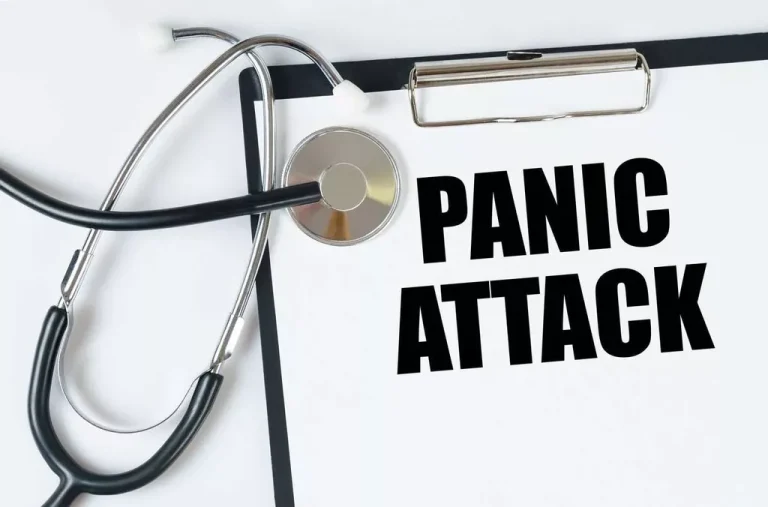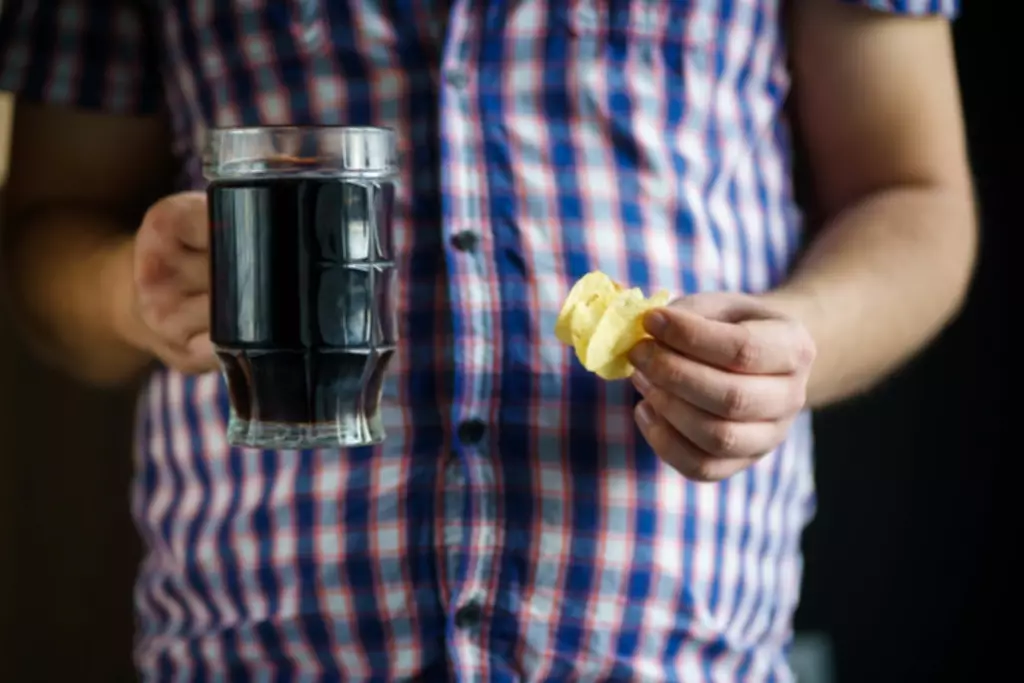Sugar Cravings after Quitting Alcohol: 10 Dietitian-Approved Tips
Content
These days, we don’t have to hunt and gather for food, its much more accessible. Gillian Tietz is the host of the Sober Powered podcast and recently left her career as a biochemist to create Sober Powered Media, LLC. When she quit drinking in 2019, she dedicated herself to learning about alcohol’s influence on the brain and how it can cause addiction. Today, she educates and empowers others to assess their relationship with alcohol. Gill is the owner of the Sober Powered Media Podcast Network, which is the first network of top sober podcasts. Sugar is also rewarding to the brain and is a quick fix, just like alcohol was.

By recognizing the similarities in neurological effects and the impact of alcohol on blood sugar levels, individuals can develop strategies to manage and minimize sugar cravings. This may include adopting a balanced and nutritious diet, seeking support from healthcare professionals, https://ecosoberhouse.com/ and exploring healthier alternatives to satisfy cravings. For individuals in recovery from alcoholism, cravings for sugar can be a common occurrence. Understanding the reasons behind these cravings is essential for managing them effectively and maintaining sobriety.
What can I do to stop sugar cravings after quitting alcohol?
Recovering from alcohol addiction can be a complex and challenging journey, and it’s not uncommon for individuals in alcohol recovery to experience intense cravings for sugar. These cravings can be influenced by various emotional and psychological factors, which we will explore in this section. This too factors into why recovering alcoholics crave sugar, as we’ll see soon. Beyond the physical reasons, mental health disorders and eating disorders can also drastically affect sugar intake and sugar cravings.
That is to say, sugar cravings may be present for other reasons as well – but typically accompany alcohol addiction. Therefore, it’s always best to consult your treatment providers about it so they can inform you on what to expect. So, in the context of alcohol addiction, recovering alcoholics tend to subconsciously turn to “rewarding” substances like sugar. As withdrawal symptoms from alcohol abstinence come into effect, the brain seeks euphoria elsewhere. In some ways, this may seem like a coping mechanism, but in many regards, it can simply be an addiction transfer. By actively identifying triggers and patterns, individuals can take proactive steps to avoid or manage situations that may lead to sugar cravings.
Does sugar neutralize alcohol effects?
Some individuals may have a genetic predisposition to prefer sweet tastes. This preference for sweetness can be heightened in individuals with a history of alcoholism, leading to an increased desire for sugar to satisfy their cravings. Recovering alcoholics often crave sugar due to the neurological changes that occur during long-term abuse of alcohol. While it can be challenging to break this craving, there are various strategies and lifestyle modifications that can help recovering alcoholics curb their cravings for sugar.

However, when alcohol consumption is reduced or eliminated, these individuals may experience a void in emotional regulation. Many of these tips are the same tips for a healthy lifestyle in general, but that makes sense. If you’re healthy overall, you’ll reduce cravings because your body is working properly. One reason cravings happen is because of an imbalance in your body chemistry. Things like eating right, exercising, and getting enough sleep can help you feel good all the time and without the highs and lows of alcohol abuse— and sugar.
Healthy Alternatives to Sugar
Remember that it’s okay to indulge in moderation, but prioritizing whole foods and balanced nutrition is key to supporting your recovery. When individuals abstain from alcohol during recovery, the brain’s reward system may be dysregulated, leading to a decrease in dopamine why do recovering alcoholics crave sugar levels. This reduction in dopamine can result in feelings of low mood, anxiety, and anhedonia (inability to experience pleasure). Alcohol is processed by the body as a toxin, and when consumed, it takes precedence over other nutrients, including carbohydrates.